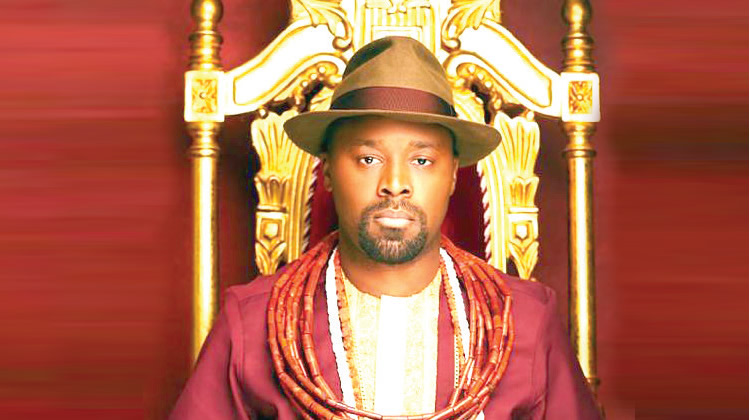
The Olu of Warri, Ogiame Atuwatse III, won the Leadership & Community Development Awards category presented to him by Rt Hon. Baroness Verma, member of the House of Lords, London.
The monarch said at the 14th African Achievers Awards recently at the Parliament House United Kingdom that, as the king of the Warri Kingdom, he had long been burdened by how certain traditional terms of identity had taken on negative connotations promoting segregation.
According to the traditional ruler, he changed those long-used terms to ensure everyone was seen and identified as freeborn.
Delivering a keynote address on the theme ‘Africa’s Sustainable Future: Redefining its Global Identity, at the event, the Queen Consort of Warri Kingdom, Olori Atuwatse III, stated that the imperative for the black continent to continue to propagate positive cultural and traditional values to reclaim the identity of the continent is sacrosanct and cannot be overemphasised.
She noted that the stories people hear and tell about Africans have a far-reaching effect.
Olori Atuwatse III said that since her husband, the Olu of Warri, after ascending the throne of his forebear, had taken notable positive steps to change negative traditional connotations that portray others as inferior. She added that one’s identity must be maintained with dignity and pride.
She noted that to address some of those challenges, she and her husband founded Elevate Africa to contribute their quota to channelling African ideas into solutions for the continent and the world.
Olori Atuwatse III tasked other changemakers to come together and speak in one voice.
She said, “I am here to share my thoughts with fellow lovers of our great continent. My husband and I share your passion, so it feels fitting that I should start by telling you something he did a few years ago.
“A few weeks ago in London, I shared how my heart skips when I hear an African country mentioned in a movie or show, fearing another negative portrayal. Sadly, these ‘prophetic’ narratives often come true. Yet, ‘the city of love’ instantly evokes Paris. These examples, though small, show the powerful impact of identity and narrative.
“We must come together, trade together, build solutions together, and speak with singularity on the global stage. We must stop saying what Africa does not want and we must begin to speak to who we are and what we want for ourselves and our continent,” she added.
In her brief remarks, Verma expressed joy that Africans had taken up the responsibility to shape the continent by telling their stories the way they should be and not as others want to see them.
